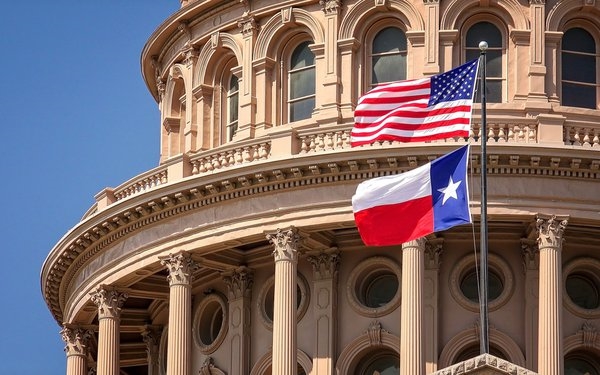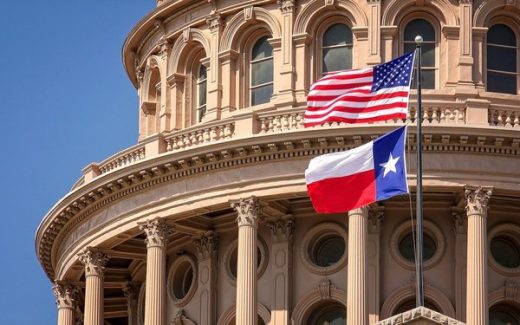Texas Passes Bill Prohibiting Social Media Companies From ‘Censoring’ Posts
Texas Passes Bill Prohibiting Social Media Companies From ‘Censoring’ Posts

Lawmakers in Texas have passed a bill that would prohibit Facebook, Twitter, Google and other large social media companies from blocking, demoting or demonetizing posts based on political viewpoint.
Governor Greg Abbott is expected to sign the measure, which will almost certainly face a legal challenge.
A federal judge in Florida recently blocked enforcement of a similar bill earlier this year, ruling that it likely violated the companies’ First Amendment right to decide what material to carry on their platforms.
The Texas bill would apply to social media companies with more than 50 million monthly users.
The measure allows the companies to suppress some content that’s illegal, but apparently would require companies to host a large variety of objectionable speech.
An amendment that would have explicitly allowed the companies to remove vaccine misinformation failed, as did an amendment that would have explicitly let companies take down posts denying the Holocaust.
As with the Florida bill, the measure appears driven by conservatives’ belief that social media companies are particularly likely to suppress right-wing views — despite a lack of empirical proof.
“They are controlling the flow of information — and sometimes denying the flow of information,” Abbott reportedly said earlier this year, when he first touted the proposed law. “Texas is taking a stand against big tech political censorship.”
In June, when U.S. District Court Judge Robert Hinkle in Tallahassee struck down the Florida law, he said the bill subjected social media companies to “irreparable injury.”
“If a preliminary injunction is not issued, the plaintiffs’ members will sometimes be compelled to speak and will sometimes be forbidden from speaking, all in violation of their editorial judgment and the First Amendment,” he wrote. “This is irreparable injury.”
“The legislation now at issue was an effort to rein in social-media providers deemed too large and too liberal,” he wrote at the time. “Balancing the exchange of ideas among private speakers is not a legitimate governmental interest.”
Former President Donald Trump, who was banned earlier this year by YouTube, Facebook and Twitter, is currently suing those companies for allegedly violating his First Amendment rights by “censoring” him.
Nearly all legal experts believe Trump’s lawsuits will fail, noting that only the government — and not private companies — are bound by the First Amendment’s prohibition on censorship.
(20)


